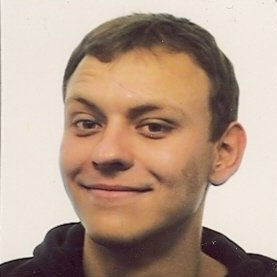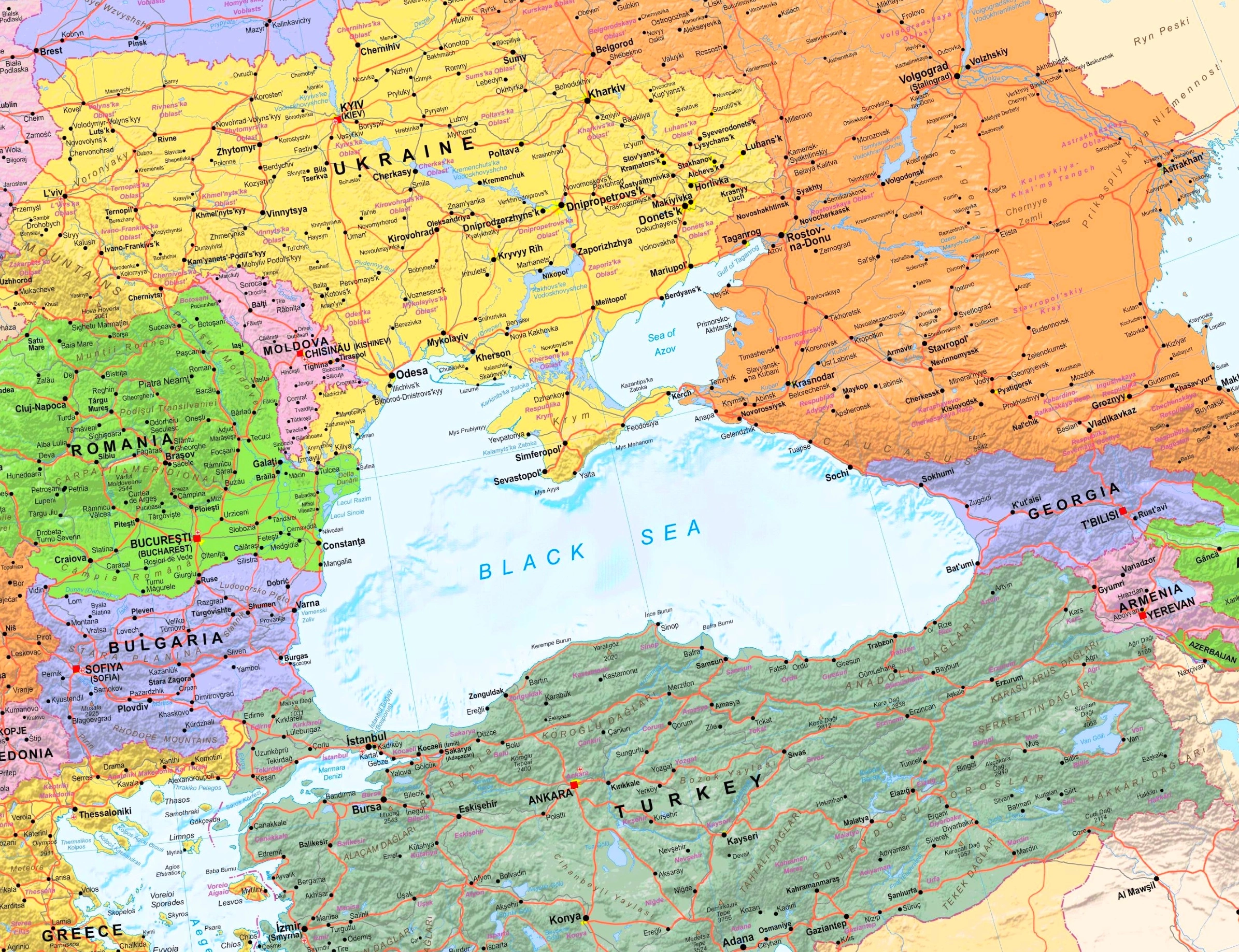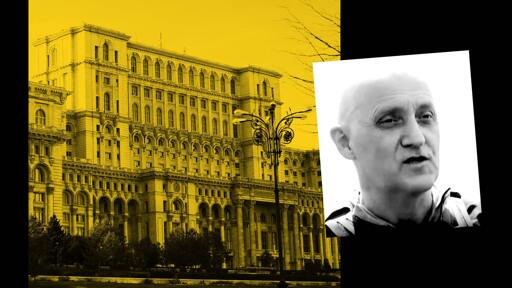Horaţiu Potra, a former member of the French Foreign Legion, was arrested with 20 other armed men headed for Bucharest
That farm, Jbara Horses, is now in the spotlight after it emerged that Georgescu had been there on Saturday with several men who were later arrested for carrying weapons and suspected of planning to stoke unrest in the capital.
Authorities have launched an investigation into the armed group’s leader, Horaţiu Potra, for “illegal possession of weapons and ammunition, and public incitement”. His 20 associates are also suspected of these crimes.
Georgescu initially denied knowing Potra. On Monday, when he was confronted with photos showing them together, he said he couldn’t “recall precisely” when he had last seen Potra…
The far-right politician had called on his supporters to join him on Sunday in protest against the scrapped vote. Dozens demonstrated alongside him in Mogoșoaia, a Bucharest suburb, while hundreds more came out in Bucharest and other cities.
Potra on Sunday told reporters at a police station in Ploiești, some 80km north of Bucharest, that he had been arrested on his way to the capital. He was headed there “to vote, yes” he said, when asked what he was doing.
The clean-shaven paramilitary — who bears a stark resemblance to the late leader of Russia’s Wagner group, Yevgeny Prigozhin — had been a member of the French Foreign Legion and a military contractor in the Democratic Republic of Congo. The Romanian contingent in DRC is dubbed “Romeos”, according to other military contractors present in the country.
Potra was released from pre-trial detention on Tuesday, after authorities raided his properties and found over €2mn in cash, in various currencies…
The police said they found firearms, machetes, swords, a professional drone and more than €20,000 worth of cash in his car which “were allegedly intended to be used to incite some individuals to commit crimes during unauthorised public gatherings and to reward them”.
Adina Marincea, a researcher at the Elie Wiesel National Institute for Holocaust Studies in Romania, said Potra and the other paramilitaries are “very ideological and can probably mobilise bigger networks of people”, drawing on support from some elements within the country’s Orthodox church, connections with the country’s security services and a growing pool of ultranationalist sympathisers.
The Orthodox church issued a rare statement at the weekend for its priests and community not to engage in any vote-related protests. It also started proceedings on Tuesday against one of its most prominent bishops who had expressed support for Georgescu.
Potra and his men have been active in the Central African Republic, where remnants of Prigozhin’s Wagner group remain to this day. Potra denied any association with the Russian warlord or his fighters. He said that in 2016 and 2017, he was training the presidential guard in Bangui, with Wagner arriving later.
According to the UN, a year ago, Potra’s men “intensified their strategic and tactical support” to the Congolese army’s counteroffensive against the M23 rebels and the Rwandan army, although Kigali does not acknowledge being involved in the conflict. The “Romeos” have also pushed back the rebels when they attacked a town where the Romanians run a training camp, said the UN and other military contractors operating in North Kivu.
Potra has, indeed, a deep pool of mercenaries to recruit. Around the time the country joined the EU, in 2007, Romanians were the second-largest contingent in the Foreign Legion behind the French, according to Bogdan Gârbovan, president of the Legion’s veterans association in Romania.
Marincea of the Elie Wiesel Institute noted that the appeal of these groupings with highly “macho” views blending religion with ultranationalism has grown as authorities failed to intervene.
“Public authorities have failed systematically to deal with them and belittled the threat they pose to save face.”
She said that the groups’ fascination with fascist leaders is in part because they “legitimised political violence and killing” of officials deemed as corrupt. “Violence is also considered a political tactic for these paramilitary groups.”


